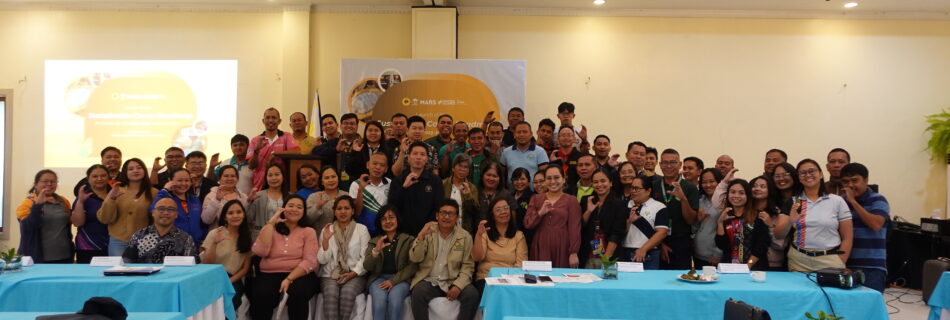SFITAL promotes agroecology for environment-friendly and climate resilient cacao production
One of the major issues of the cacao industry, not only in Davao de Oro, but in the entire country is the low productivity of trees, leading to low production. Many underlying factors contributing to this challenge were identified by national and local enablers. These include high incidence of pests and diseases, low soil fertility, …







